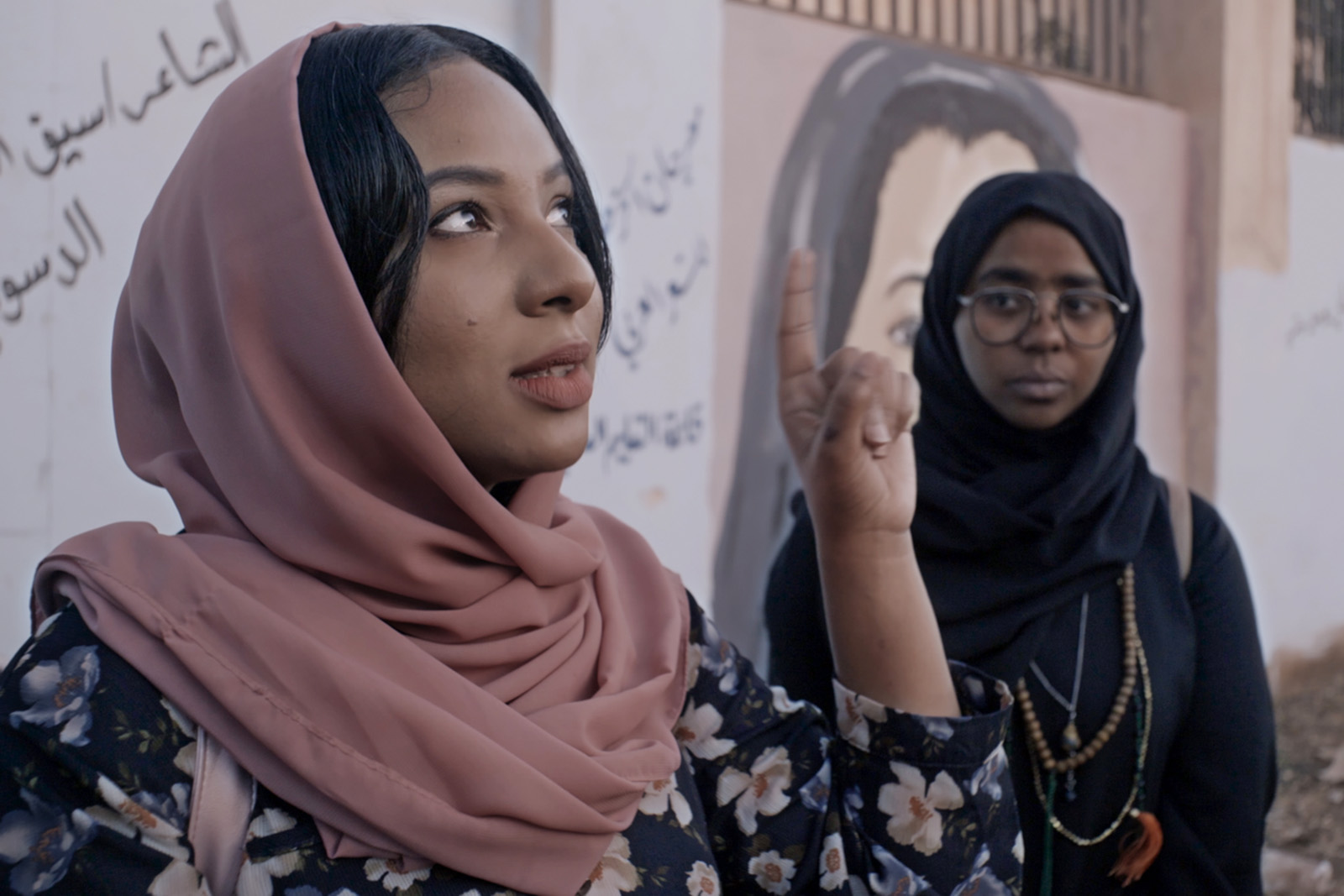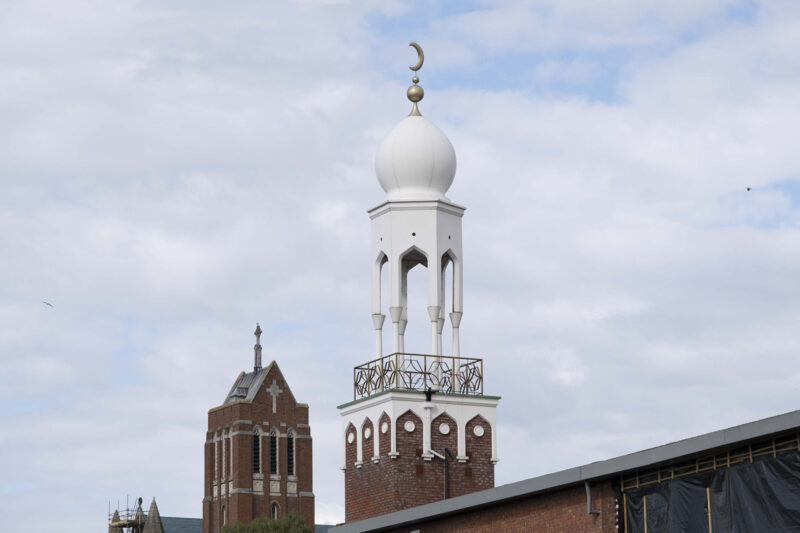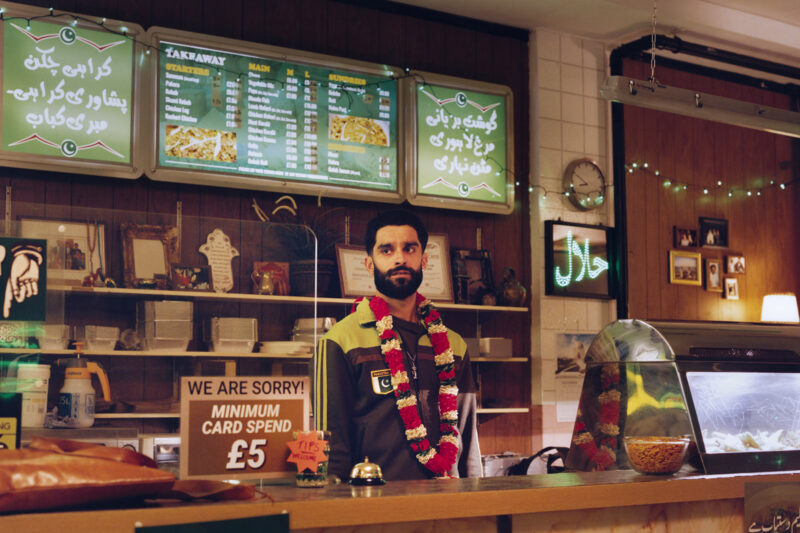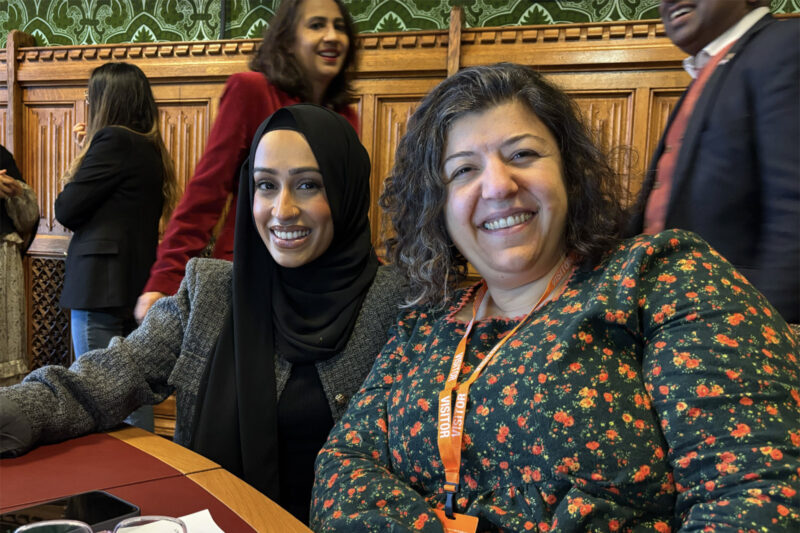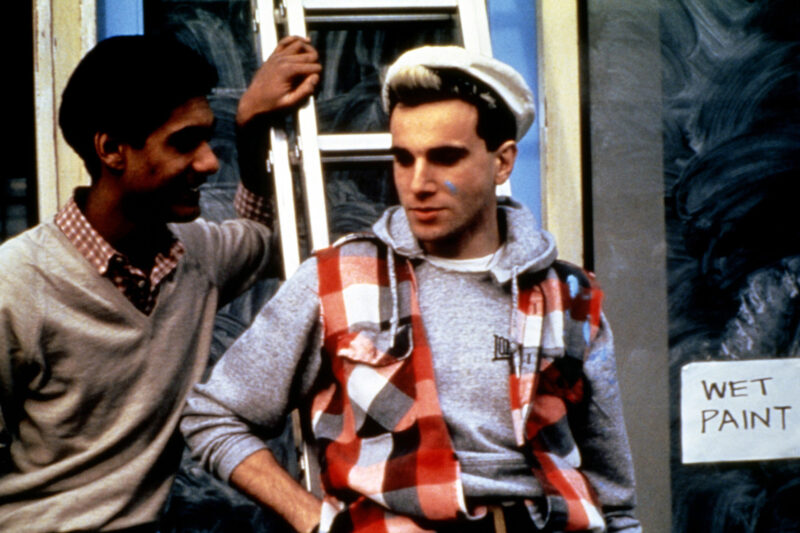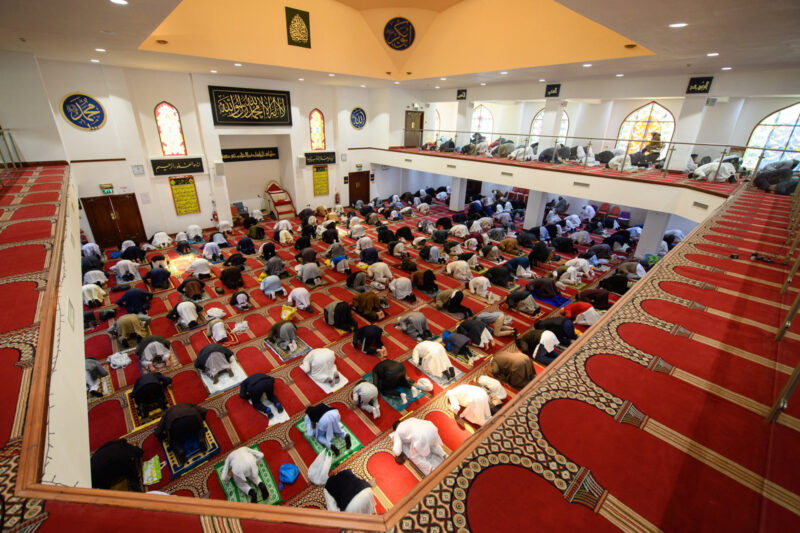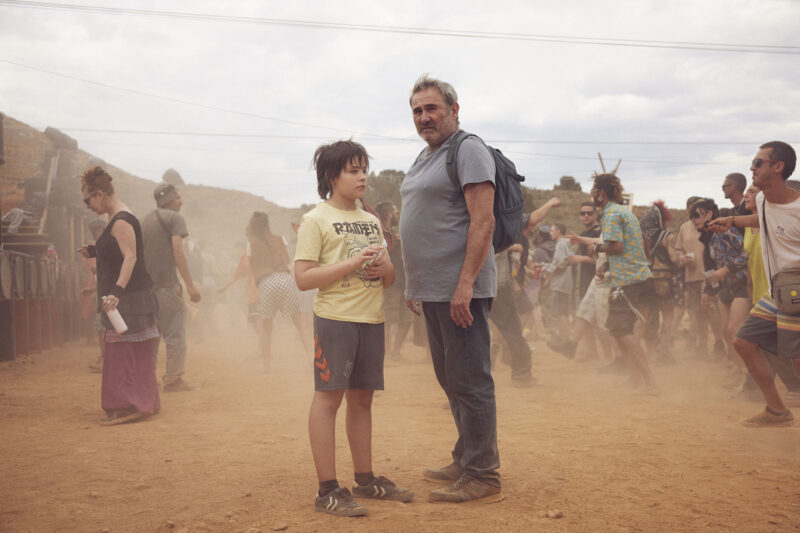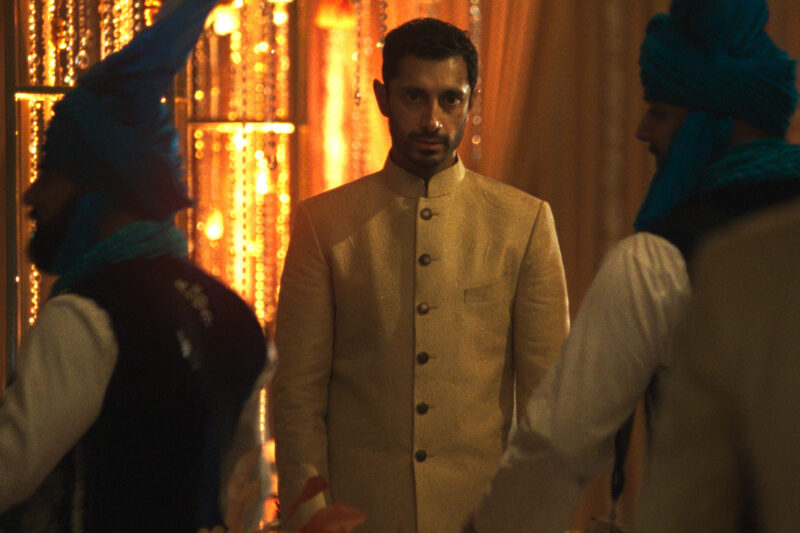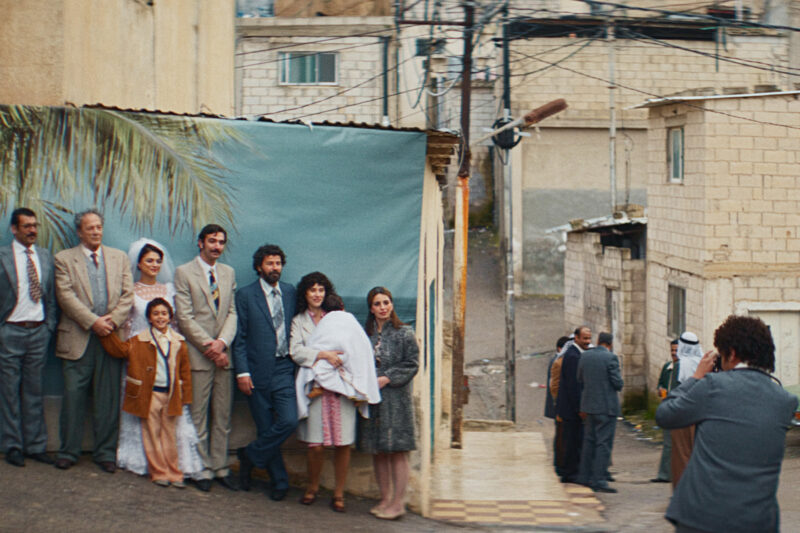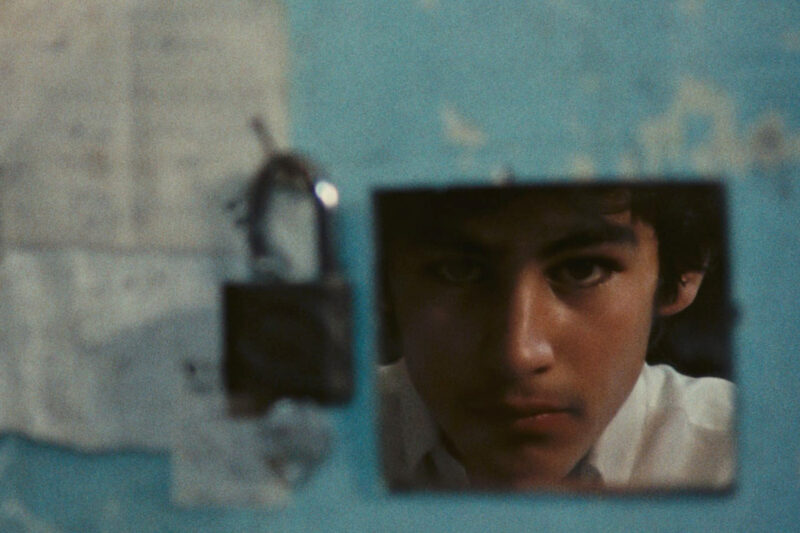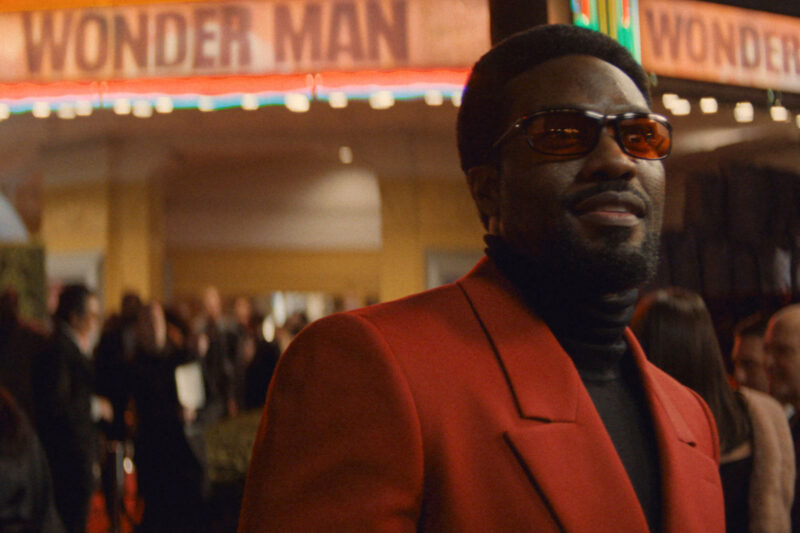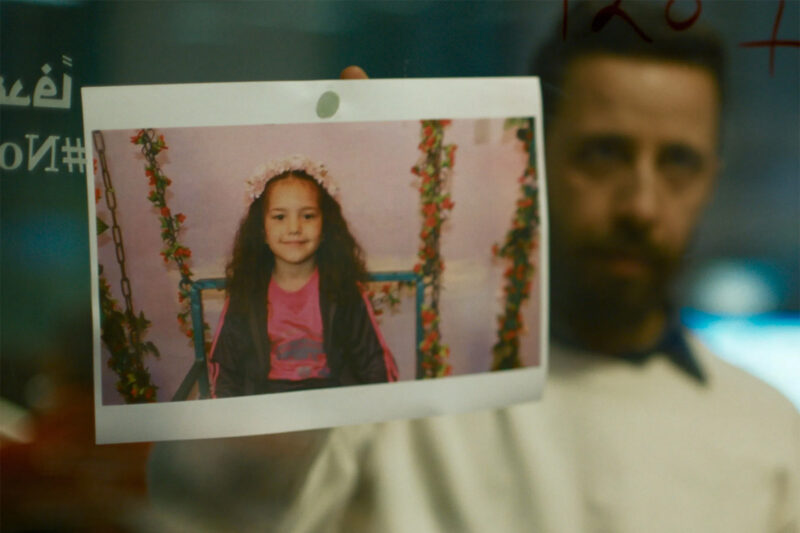The summer blockbuster wants to appeal to everyone but needs to deliver on its promise of including them too
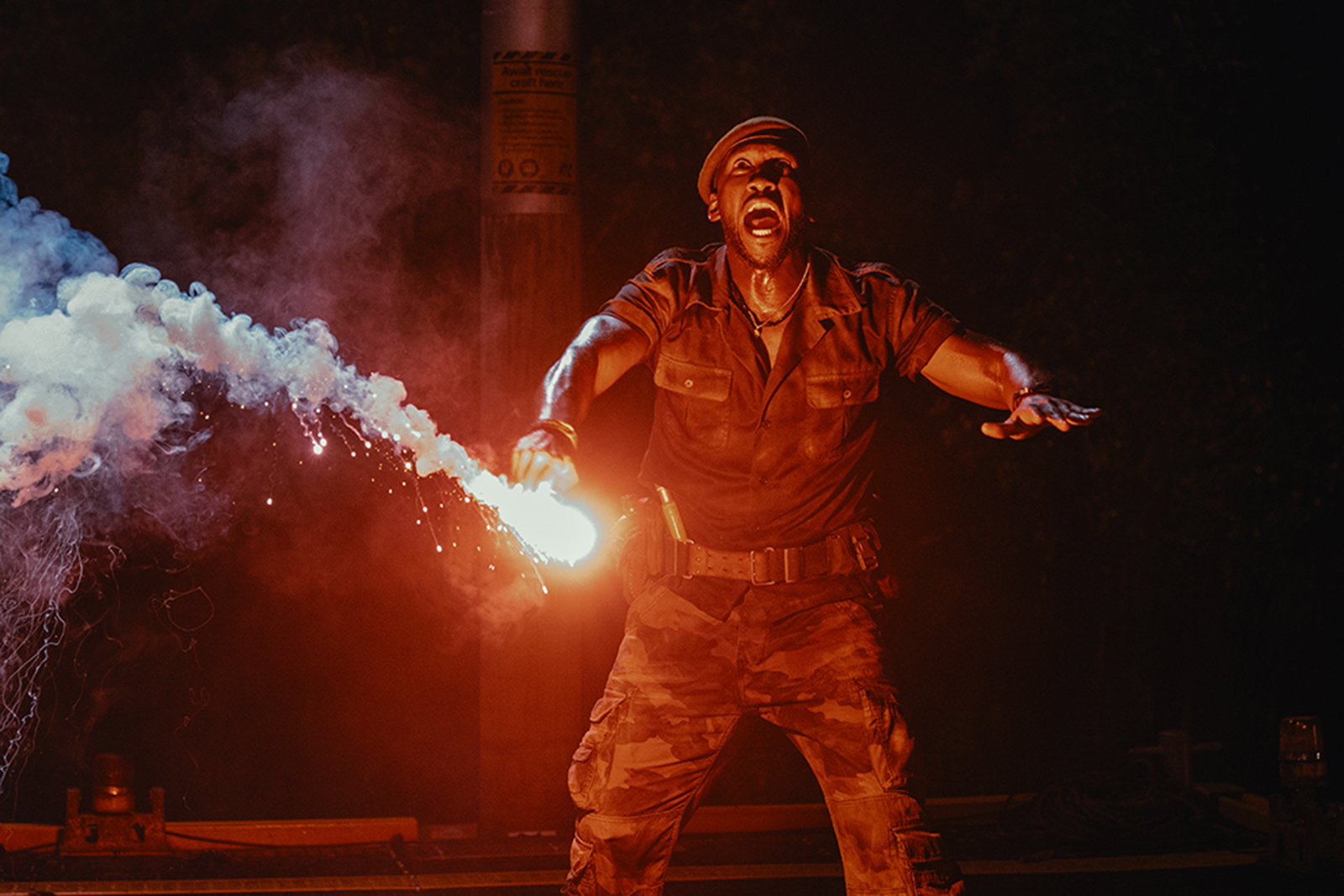
When movies get it right — such as Mahershala Ali in Jurassic World: Rebirth — they remind us just how joyous representation can be
Ever since Jaws chomped its way into the cultural bloodstream 50 years ago, turning a 29-year-old Steven Spielberg into a household name and inventing the modern blockbuster in the process, the summer has belonged to cinema. Or, more precisely, to spectacle.
Since then, the ritual has held strong: the school holidays hit, temperatures soar and studios hurl their largest, loudest offerings on to our screens. Recently, that’s meant the cultural hurricane of Barbenheimer (2023), the nostalgia-drenched G-force of Top Gun: Maverick (2022), endless Pixar sequels and Vin Diesel grumbling about “family” while crashing cars into increasingly implausible scenarios. Even the streamers want a slice of the popcorn pie — Netflix gave us Gina Prince-Bythewood’s old-school action delight The Old Guard (2020), and Warner Bros caved to the internet and let loose the four-hour odyssey of The Snyder Cut on HBO Max (2021).
Sure, there’s a long list of valid critiques of summer blockbusters. They eat up screens, resources and attention spans. They leave smaller films scrapping for oxygen. They flatten storytelling into IP maintenance and require budgets that could solve a small nation’s healthcare problems. But for all their flaws, it’s often the summer blockbusters that are quietly (and sometimes not so quietly) doing what the so-called prestige season can’t: diversifying who gets to be on screen and save the day.
For all the industry’s lip service to inclusion, it’s not awards-bait dramas that tend to offer juicy roles to actors from marginalised communities — it’s the tentpoles. The billion-dollar boys. The merch-movers. Riz Ahmed battling symbiotes in Venom. Sofia Boutella throwing punches in Atomic Blonde and Rebel Moon. Omar Sy bringing charm and chaos to Jurassic World. Mahershala Ali poised to take up the vampire-slaying sword in a long-promised Blade reboot — or, at least, he was.
Because — here’s the heartbreak — the progress we thought was coming? It’s stalled, delayed, buried, or, if you’re Batgirl, shelved indefinitely for mysterious tax reasons. A film directed by Moroccan-Belgian duo Adil El Arbi and Bilall Fallah, starring Leslie Grace, a Latina Batgirl, and featuring none other than Brendan Fraser as a villain (hot off his Oscar-winning The Whale comeback) was apparently just not worth releasing.
Meanwhile, Blade, originally set to be directed by Pakistani-American film-maker Bassam Tariq, continues to languish in development hell. Ali himself recently said: “Call Marvel, let them know I’m ready.” That’s a two-time Oscar winner pleading for the chance to fight vampires. Make it make sense.
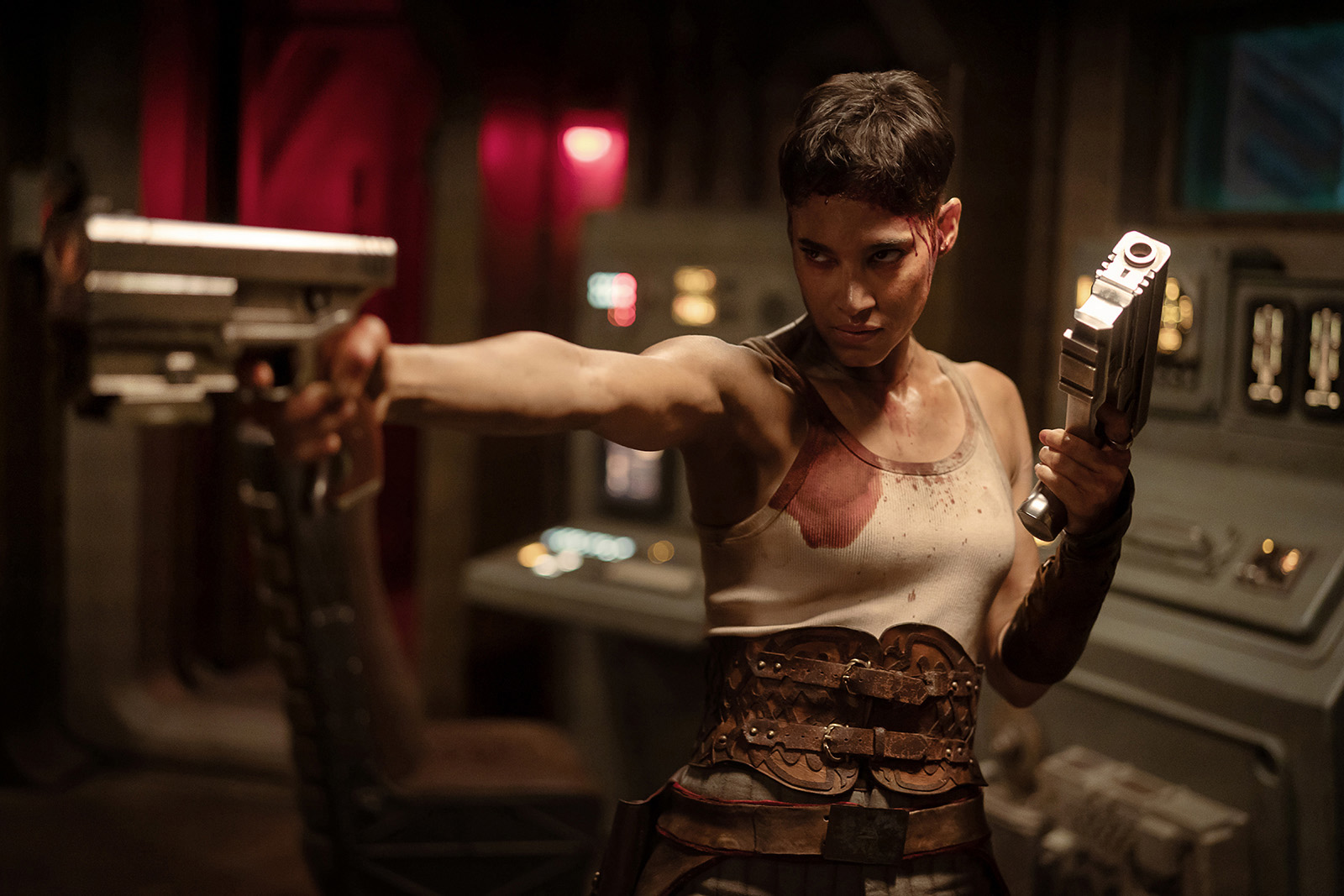
Even The Old Guard 2 with Marwan Kenzari as one of its most compelling players was quietly released with all the energy of someone trying to sneak out of a bad party. And, just like that, a rare bit of Muslim representation in a superhero-adjacent franchise was reduced to a whisper in the algorithm void.
This summer, the undeniably fun F1 may set its final act in Abu Dhabi, but it stops short of having a single speaking role from the region. The lone standout in a sea of homogeneity this season comes in the form of Gareth Edwards’s Jurassic World: Rebirth. Once again, Ali is the MVP, playing a heroic mercenary with that radiant gravitas he brings to every role. It’s the kind of casting that reminds you how electrifying representation can feel when it’s done right. But it also feels like a glitch in the matrix — a pleasant surprise rather than the new normal we were promised.
It’s hard not to feel a little bitter. For a moment there, it looked like we were finally going to crack open the white boys’ club of summer movie stardom. Not just with legacy stars like Ali or Ahmed, but with space for new names, new faces, new cultural specificities. Instead, we’re left watching the same few actors — brilliant though they are — do all the heavy lifting, while studio executives wring their hands about “risk” and “marketability”.
And yet, there are glimmers. Yahya Abdul-Mateen II will headline Marvel’s Wonder Man, somehow making it through the same development purgatory that swallowed Blade. Djimon Hounsou (one of the most quietly underused actors of his generation) is finally getting a proper leading-man moment in The Zealot, an action-thriller about a Somali-American airport shuttle driver who gets entangled in a dark conspiracy. And with Hasan Minhaj in a key role in Tron: Ares, I feel some hope — though there’s still a glaring inconsistency when it comes to women’s roles in major productions.
French-Iranian Golshifteh Farahani is steadily carving a global name for herself in both action and indie films, and will soon return with Julia Ducournau’s Alpha. Egyptian-Palestinian May Calamawy is also set to lead Lee Cronin’s The Mummy next summer.
There’s joy in watching someone who shares your name, your background, your story, swing a sword, land a punch or deliver the one-liner that makes the crowd cheer. These stories matter. These roles matter. And when summer blockbusters get it right, they remind us just how joyous representation can be.
 Newsletter
Newsletter



